English | Recursos en Español
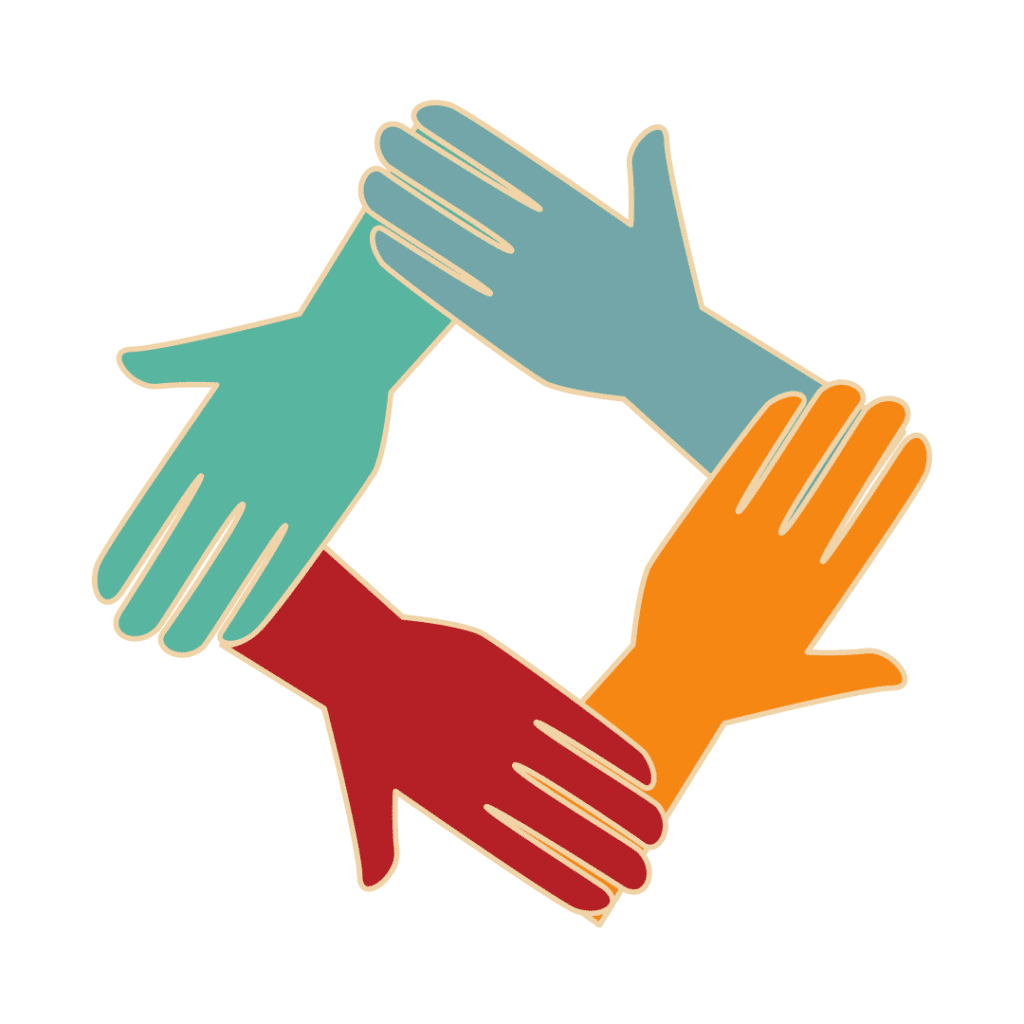
General Tragedy and Grief Resources
- Strategies to Support Young People in the Aftermath of Tragedy and Tragic News (UT Extension, 2022)
- School Shooting Resources (National Child Traumatic Stress Network, NCTSN)
- Trauma & Grief (Child Mind Institute, CMI, 2024)
- Helping Children Cope With Grief (CMI, 2024)
- Coping After Mass Violence (NCTSN, 2021)
- Parent Guidelines for Helping Youth After Mass Violence Attack (NCTSN)
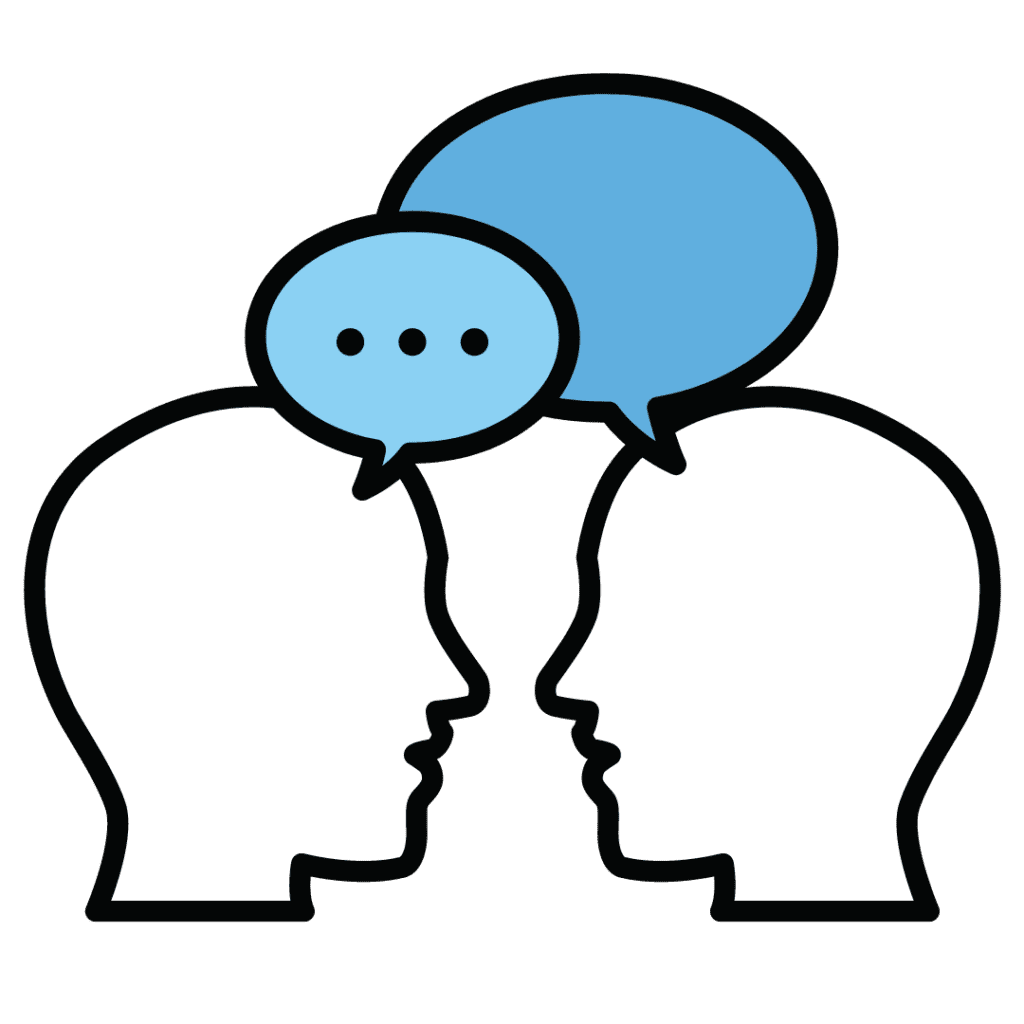
How to Talk About Tragedy and Tragic News
- Talking Through Tough Times: Guidance for Communicating to Children During Tragedy and Tragic News (UT Extension, 2022)
- Tips for Talking With and Helping Children and Youth Cope After a Disaster or Traumatic Event: A Guide for Parents, Caregivers, and Teachers (SAMHSA, 2023)
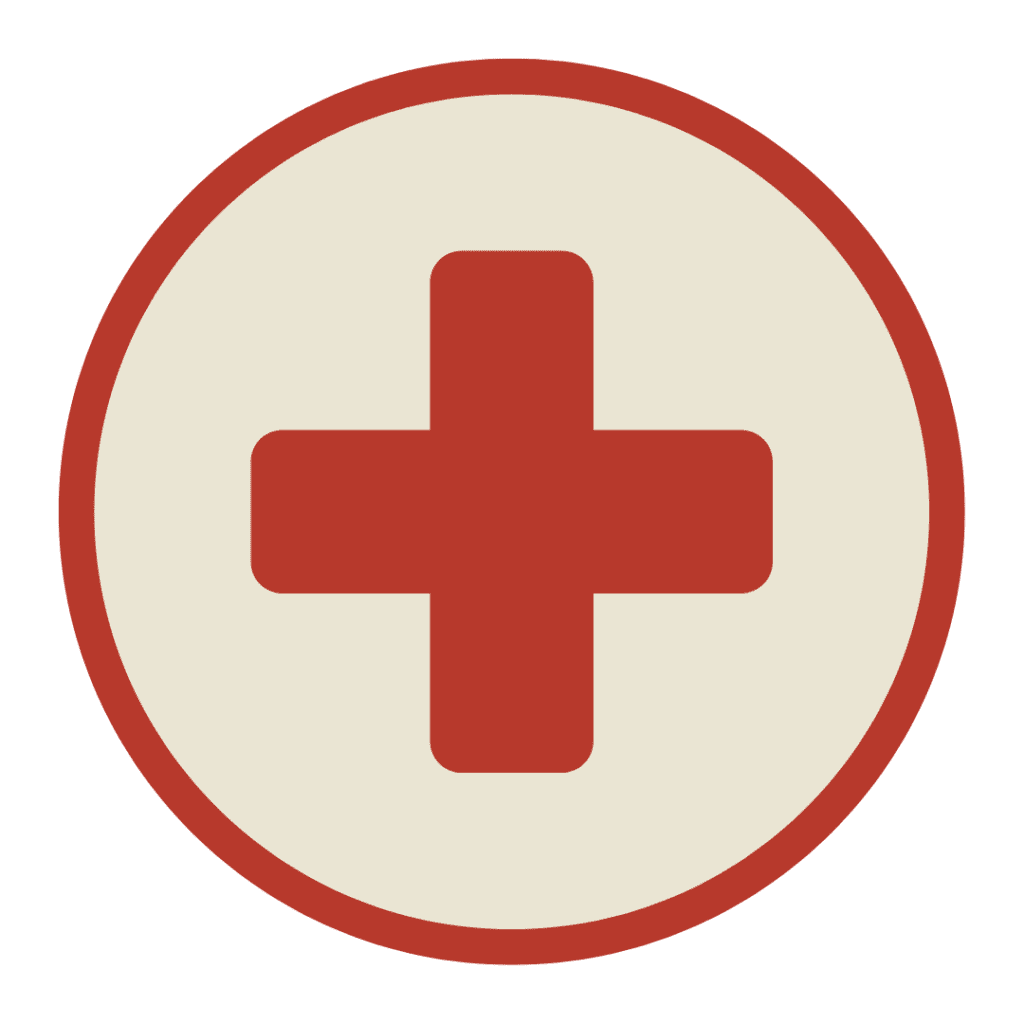
Mental Health & Trauma Resources
- Mindfulness for School Age Children (UT Extension, 2022)
- Identifying Teen Mental Health Difficulties (UT Extension, 2016)
- Anxiety in Children & Youth (UT Extension, 2020)
- Tips for Adult and Child Mental Well-Being (UT Extension, 2020)
- Behavioral Health FAQ Sheet (UT Extension, 2020)
- Behavioral Health Symptom Checker (Child Mind Institute)
- How Trauma Affects Kids in School (Child Mind Institute, 2024)

Find Programs and Therapeutic Resources
- Click for information on the Employee Assistance Program for UT Personnel or call 855-437-3486
- Find a Support Group or Local Program for Mental Health or Substance Use (SAMHSA)
- Find Online Mental Health Services (UT Extension)
- Mental Health First Aid – Contact your local County FCS or 4-H Agent to learn about accessing the awareness training or contact kconrad4@utk.edu for more information
- QPR “Question Persuade Refer” Suicide Prevention Training

Emergency Helplines
In crisis? Call or Text 988, Suicide Crisis Lifeline to TALK TO SOMEONE NOW or visit the resource links below.
SAMHSA’s Disaster Distress Helpline –
- Call 1-800-985-5990 (Espanola, presiona “2”)
- Text “TalkWithUs” to 66746
- For Deaf and Hard of Hearing ASL Callers: Click to connect directly to an agent in American Sign Language or videochat 1-800-985-5990.
Call 911 – *Be sure to request to speak to someone with mental health/crisis experience if 988 is not available in your community.
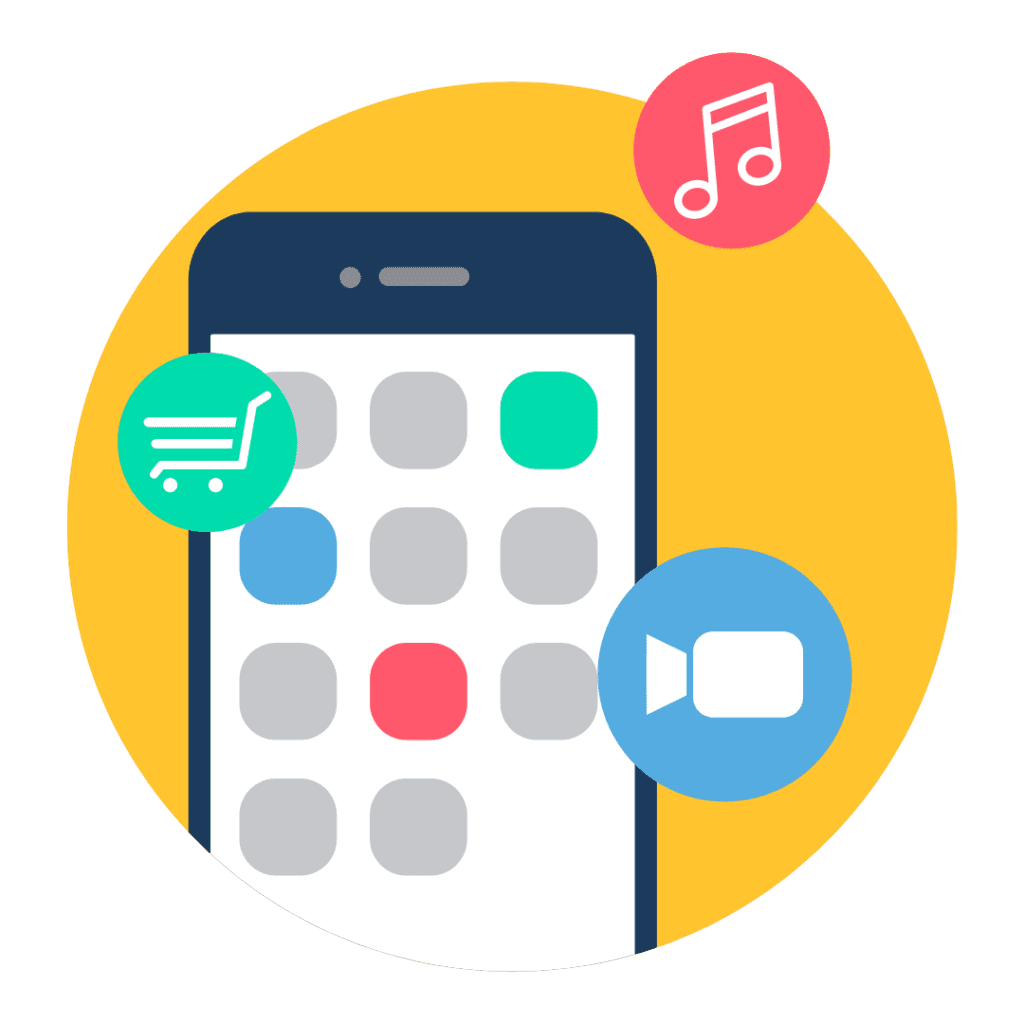
Apps
- SAMHSA Disaster Mobile App
- Transcend NMVC: Developed by the National Mass Violence and Victimization Resource Center (NMVVRC) for survivors, their families, and anyone who would like resources and information on mass violence and strategies for recovery. Apple or Google
Recursos en Español
- Encuentra Apoyo Para Salud Mental (SAMHSA)
- Cómo Sobrellevar los Desastres o Eventos Traumáticos (CDC)
- Cómo Ayudar a los Niños a Enfrentar el Duelo (Child Mind Institute)
- Creando Ambientes de Apoyo Cuando Suceden Hechos Alarmantes (NCTSN)
- Hablando con los Adolescentes Cuando Sucede la Violencia (NCTSN)
- Hablando con los Niños Cuando Sucede La Violencia (NCTSN)
- Preguntas a Expertos: Mi hijastro ha sufrido un trauma y ahora se está portando mal. ¿Es por el trauma o por algo más? (Child Mind Institute)
- Chequeo de Síntomas Psiquiátricos o del Aprendizaje (Child Mind Institute)
- Regresar a la Escuela después de una Tragedia (Child Mind Institute)
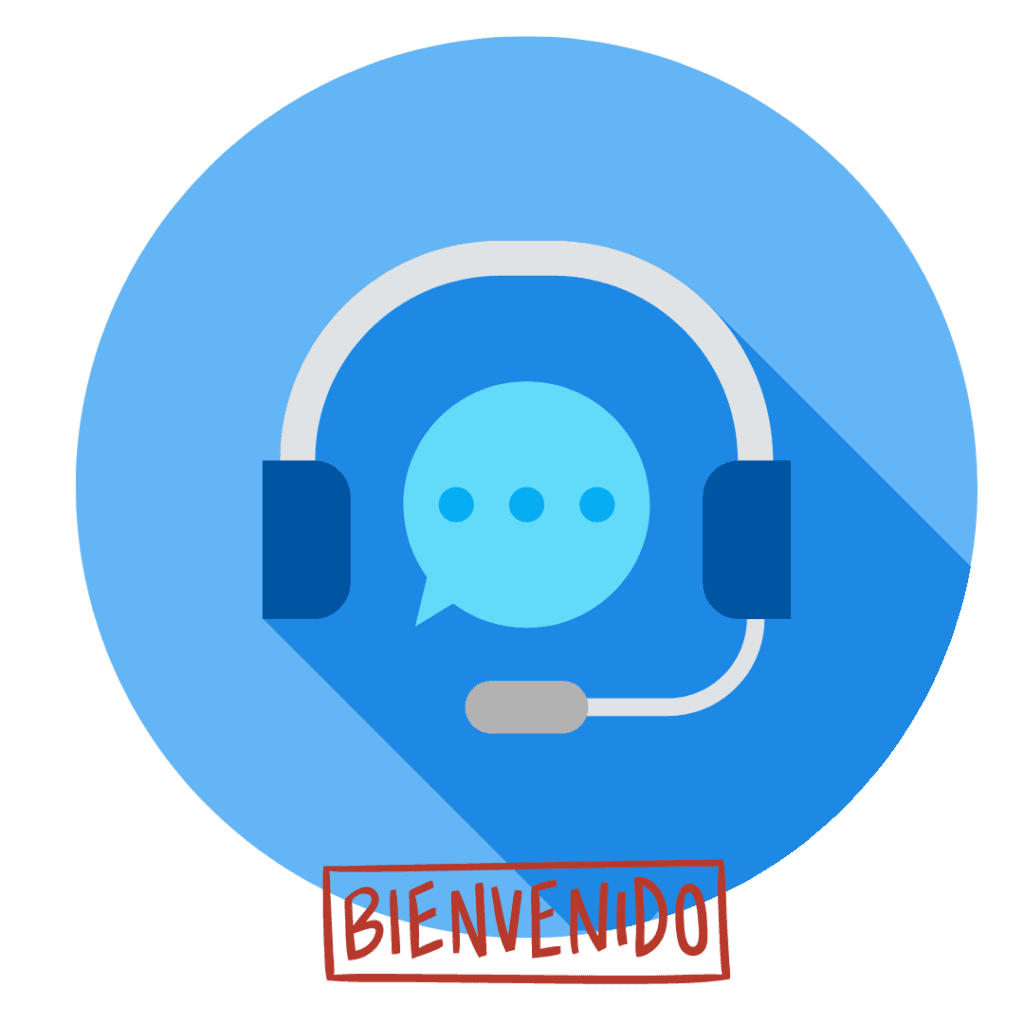
Línea de Ayuda
- Llama (presiona “2”) o envía un mensaje de texto: 1-800-985-5990
- Con solo llamar o textear al 988, o chatear en linea988.org una persona en crisis.